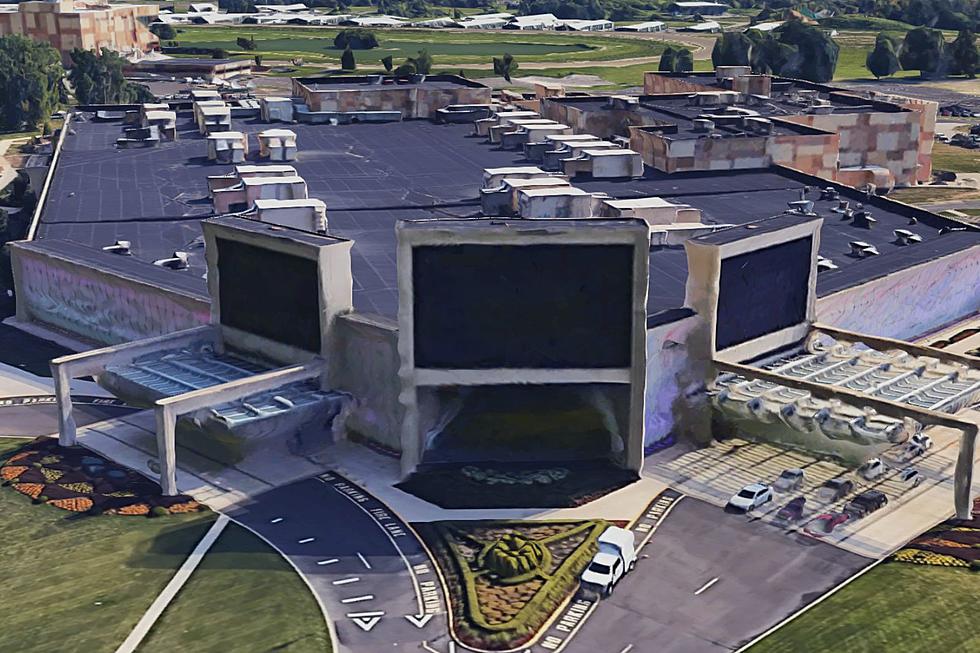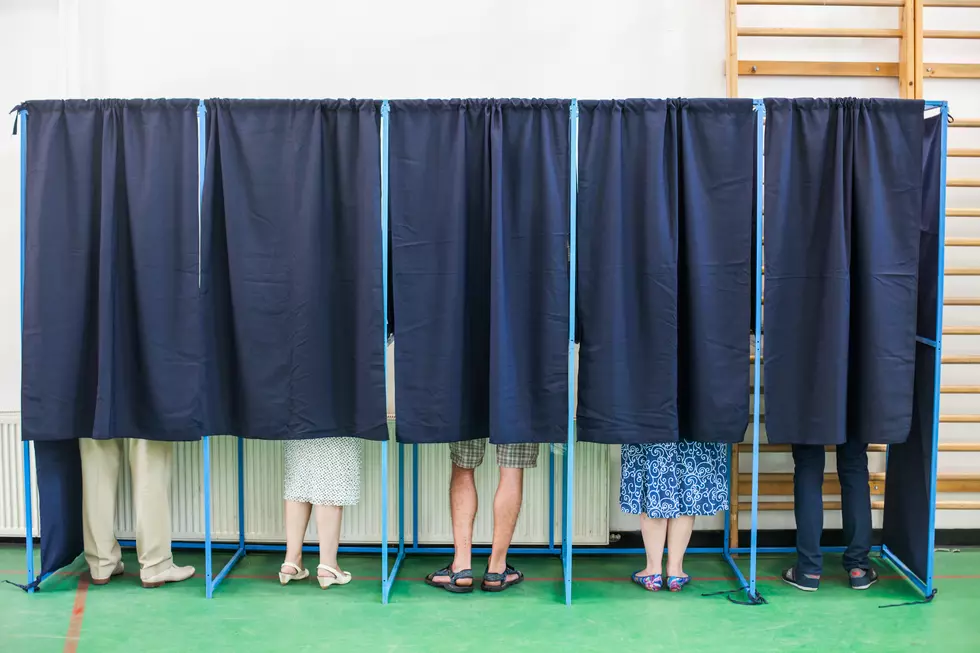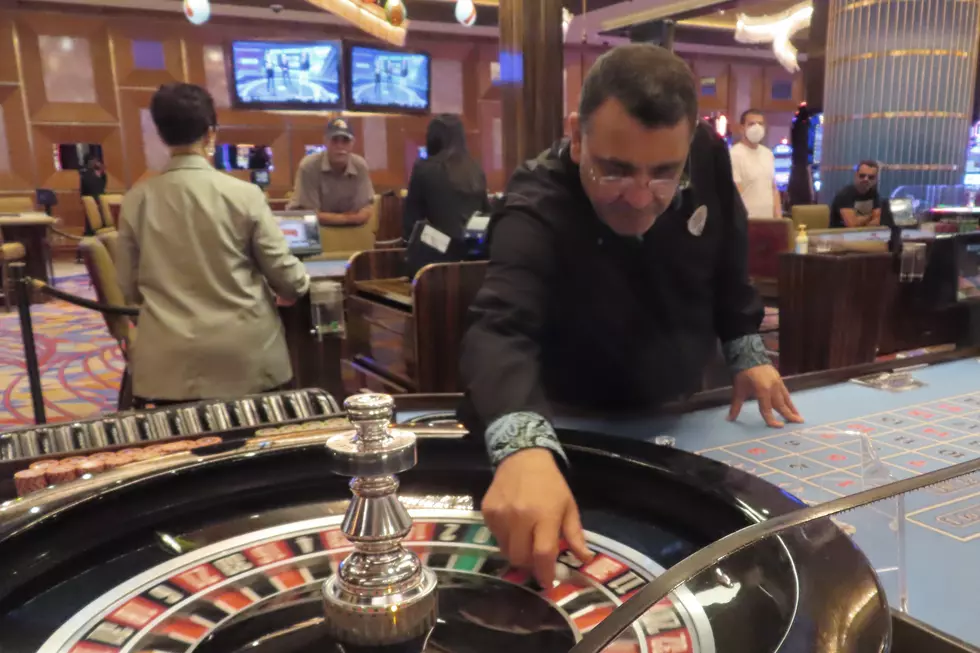
Prospects look bleak for North Jersey casino ballot question
Two years before New Jersey voters approved casino gambling in Atlantic City in 1976, they rejected a proposal to allow casinos anywhere in the state.
Unless things change significantly in the next seven weeks, they won’t be expanding within the state beyond Atlantic City any time soon.
Results this week from the latest Rutgers-Eagleton poll showed 58 percent of registered voters oppose allowing two casinos in North Jersey, while 35 percent approve. Those results mirror what a Fairleigh Dickinson University PublicMind Poll found in June.
That would seem to doom a public question that will be on the Nov. 8 ballot. Interim poll director Ashley Koning said that depends on the campaigns for and against the proposal and whether people are paying attention.
“If these patterns hold up – and it seems like it has, especially over the past few decades – the ballot amendment doesn’t look like it’ll pass,” Koning said.
“New Jerseyans have never really warmed to the idea of casino expansion in the Garden State,” Koning said. “We’ve been polling on this intermittently since 1979, and once again even now New Jerseyans aren’t really on the side of expanding casinos in North Jersey.”
Two years ago, the Eagleton-Rutgers Poll found a narrow plurality in favor of permitting casinos in other parts of New Jersey. But that year four of Atlantic City’s casinos closed, and the city has been working to stave off bankruptcy, and opposition to casino expansion has regrown.
“Given the state of Atlantic City and how the issue of casino gambling is so heavily related with Atlantic City itself, it’s just kind of an issue area that New Jerseyans have very kind of dim opinions on – not thinking Atlantic City has a bright future and not really seeing the benefits of casino gambling,” Koning said.
Peripheral numbers from the poll seem to reinforce the casino question’s long odds.
Sixty-eight percent of registered voters said New Jersey has gone off on the wrong track, the highest share since 2009, compared with just 25 percent who say it is currently going in the right direction. The voters are a cranky group right now.
“There’s a lot of negativity in general among New Jersey numbers right now. I think that New Jerseyans don’t like how the state is doing right now or the way it’s being run,” Koning said.
The right-track/wrong-track numbers can foreshadow how voters will act on a public question, similar to how the same question is often an indicator of how people will vote for president.
In October 2007, for example, the FDU poll found increasing numbers of residents saying New Jersey was moving in the wrong direction – 59 percent, up 10 percentage points from just five weeks earlier.
Voters surprisingly then voted down two public questions that had seemed likely to pass, one of which would have authorized borrowing $450 million to fund stem-cell research, the other which would have locked in sales-tax revenues for property tax relief.
Those were the first ballot questions to be rejected by voters in 20 years.
More from New Jersey 101.5:
More From New Jersey 101.5 FM









